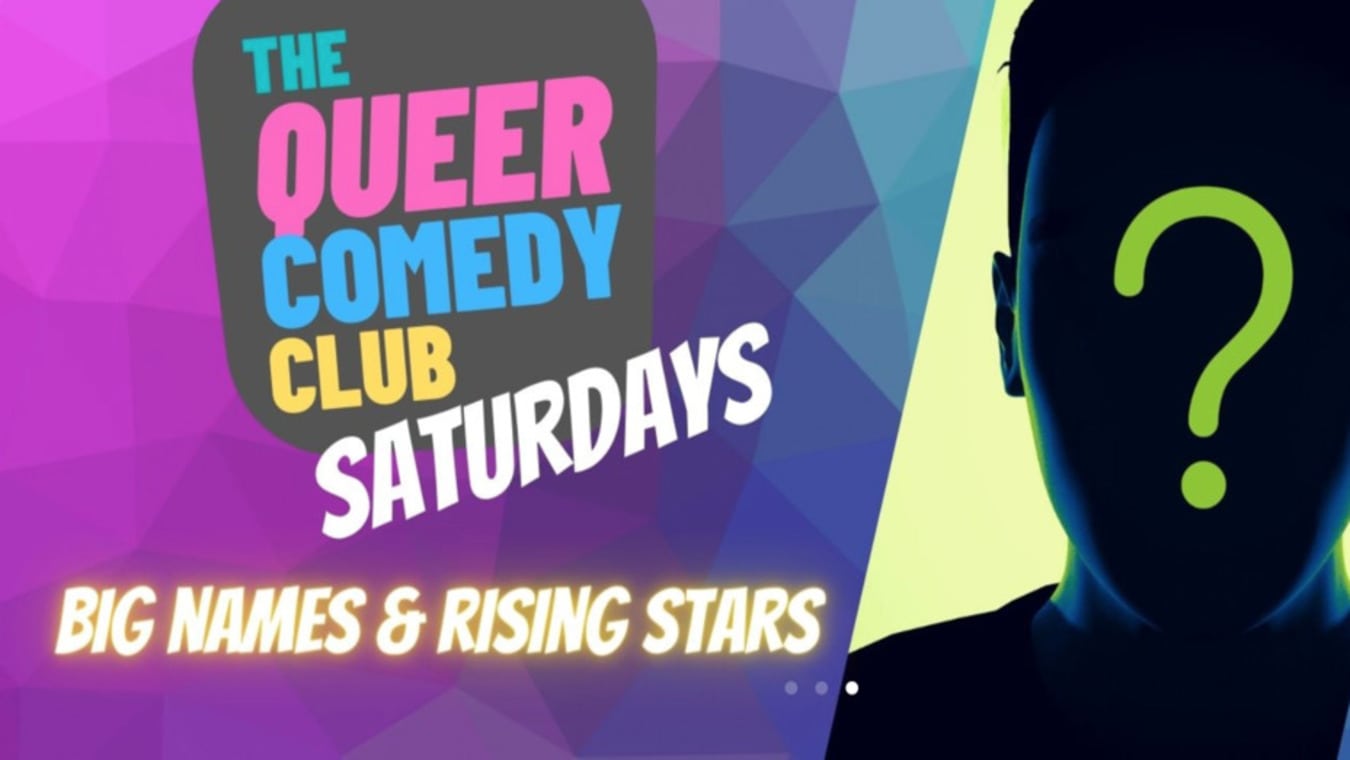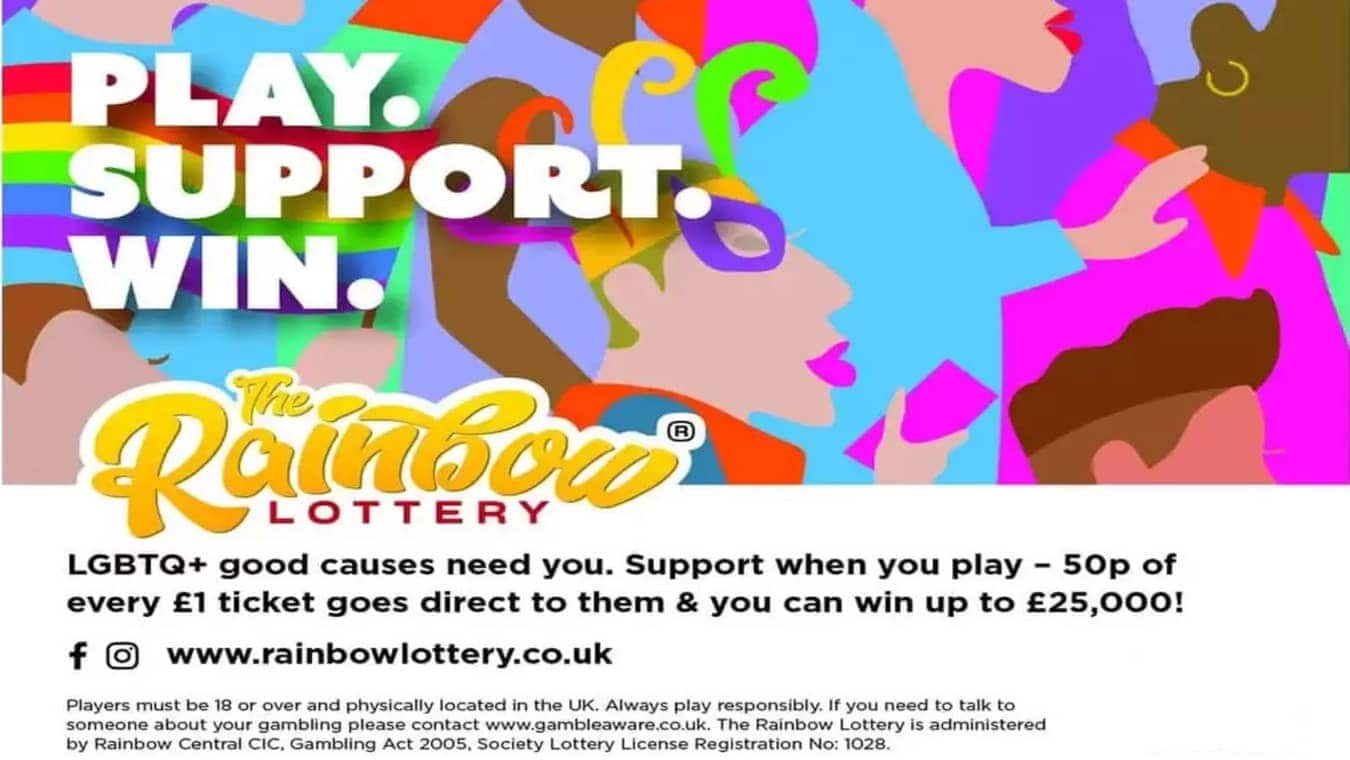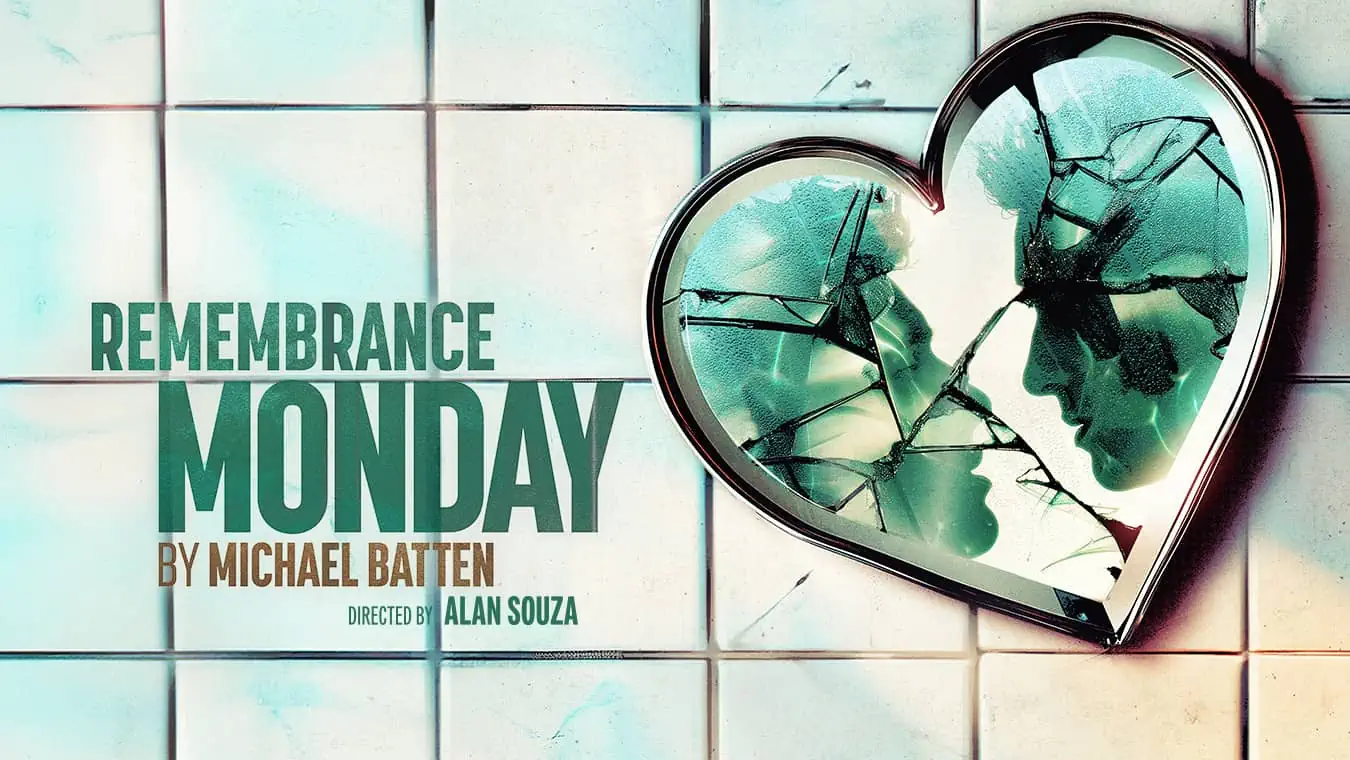It’s fair to say that if your sexuality sits under the LGBT umbrella there’s a ‘coming out’ protocol to follow in our largely heteronormative world. But someone who identifies as gay and is also living with HIV can find they’ve broken down one closet door only to discover they are, in fact, still in the dark.
Disclosing to others a positive HIV status can be an even more daunting task – even to other members of the supposedly more tolerant LGBT community. So why is open communication about HIV still languishing at the back of the wardrobe?
Firstly, let’s clarify one thing; a person who wishes to keep any medical issues they may have to themselves has the right to, so long as said issue isn’t going to negatively affect or put another individual in jeopardy. But how many other illnesses (HIV is now classed as a ‘manageable chronic disease’) elicit a cautious, sometimes disapproving reaction from certain individuals as HIV does? HIV can bring out an entire spectrum of human emotions, from fear to revulsion. Bird Flu gets the headlines, cancer gets the sympathy, HIV is the one that many people haven’t quite got their heads around yet.
There are still sections of society that believe you can catch HIV from a toilet seat, or that it’s a problem exclusively for gay men or people in Africa. As ridiculous as that sounds, to me, it’s much more palatable for people who are uneducated, uninformed or feel they don’t come into contact with HIV to have a lousy attitude about it.
When members of the LGBT community (where HIV is much more prevalent, who are bombarded with messages regarding safe sex and who probably know people who live with HIV) react with caution, negativity or complete ignorance, this is a huge problem. How can the wider world be expected to be more tolerant and educate themselves on this matter when the LGBT community, who many still closely associate with HIV, aren’t prepared to face the reality of it?
Whilst there have been numerous reports on the discrimination experienced by people living with HIV, an evidence-based report published at the end of last year in the journal AIDS Care reviewed research for the first time on HIV stigma within the LGBT community, most specifically between HIV negative and HIV positive gay men. The findings show that:
- Some HIV negative men feel that HIV-positive men “threaten gay communities either in terms of health or in general perceptions of gay men.”
- Social segregation exists, known as ‘serosorting’, where both HIV positive and HIV negative men screen prospective social or sexual partners’ HIV status before associating with them.
- Age-related stigma exists with older people living with HIV feeling less empathy and more discrimination based on physical appearance. Whilst conversely, younger HIV positive men have reported hostility from older gay men who feel the younger generation should be more responsible in avoiding infection, due to better education and services.
The report concludes that there are serious consequences associated with HIV stigma, including “higher rates of depression, feelings of isolation and high-risk sexual behaviour.” But how does this translate to everyday life? How does this affect you?
Basically, the majority of men want sex. Put two, or more, guys in the equation and when a sexual situation occurs, physical urges (and maybe even drugs) often override any clear thinking or open discussion until after orgasm. If you’re a HIV positive man and you were rejected either socially or sexually every time you disclosed your status, would you still disclose? How does it affect you psychologically as a HIV positive man if someone refers to their status as ‘clean’? Does this make HIV ‘dirty’?
Similarly, if you’re HIV negative and someone told you they were positive, it would hopefully not prevent you from interacting with them socially. But would it prevent you from having sex with them? How often, as a HIV negative man, have you referred to someone you consider unattractive to “looking like they have HIV”? On the whole, with the advances in medications, you can’t tell just from looking at someone whether they have HIV.
On a wider scale, discrimination in relation to HIV continues with a legacy that started thirty years ago. AIDS was initially known as GRID (Gay Related Immune Deficiency) – the foundations for pointing the finger towards one particular social group were laid there and, despite the rapid name change, that stigma hasn’t entirely disappeared.
The devastating physical effects of AIDS before advancements in treatments and hard-hitting, often frightening, public information about the illness is still ingrained on the minds of people above a certain age. Governments around the world, including our own, have legislated discrimination, which dictates that men who have sex with men STILL can’t give blood, unless they have been celibate for a year. All of this lends itself to an ingrained, wider social perception of HIV and AIDS, and of gay men in general, which is largely damaging.
The consequences of this amongst men who identify themselves as gay is a dire case of cause and effect. If those who are HIV positive feel they can’t be open about their status due to prejudices held by HIV negative men and, similarly, HIV positive men won’t help tear down the barriers by being open and honest about their situation, HIV stigma will continue to divide us as a community.
A lack of communication will certainly not help prevent the epidemic from spreading, quite the opposite. I feel two things are certain. Every person has a responsibility to themselves to know their status and we should all do what we can within our own community to break down these barriers of stigma and discrimination.
Our advances in education and access to medication means that stigma concerning HIV in 2012 should be considerably less. But reports such as this suggest that the barriers aren’t being broken down. The bottom line here is, people fear getting sick and people want to have sex – both are human instincts. But does this mean the only way to truly deal with the situation of removing stigma and discrimination is to sit and wait for a cure for HIV?











